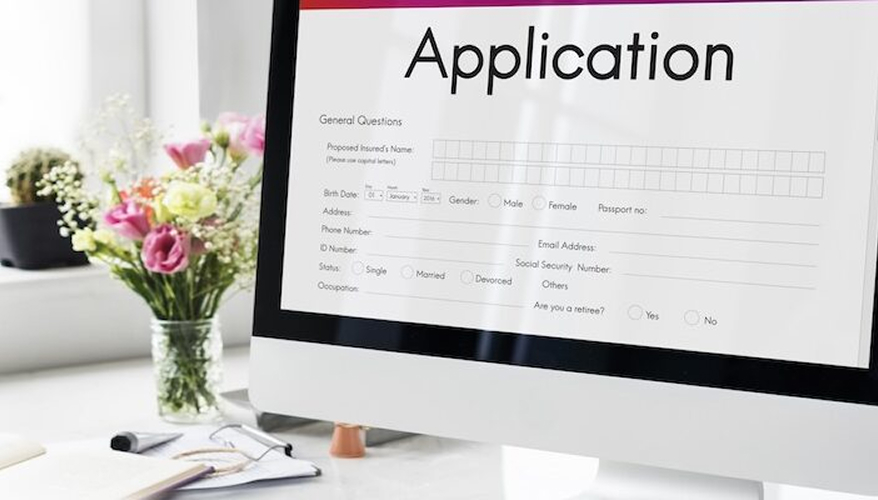Singapore, a country in Southeast Asia with a relatively small land mass, is one of the world’s most popular countries in many ways. The country is widely known for its excellent education system and advanced economy. This makes it a haven for businesses and people looking to immigrate and start a new life. For most of these immigrants, the aim is to become permanent residents or citizens to enjoy the many benefits offered by the nation.
As a Singapore citizen or PR, you can expect a good quality of life, beginning with high living standards. Singapore is a business-friendly country due to its favourable tax policies and vibrant economy. As a result, you will be able to live a prosperous life in the country. This article discusses in detail some of the top benefits of choosing to become a Singapore citizen in 2023.
The Advantages of Becoming a Singaporean in 2023
Humans, as social beings, are always on the move in search of a better life. People emigrate and immigrate for several reasons, but it all boils down to the desire for a better living. With Singapore having one of the strongest economies in the world, it’s no surprise it continues to be a top destination for many immigrants. Now, more than ever, the government of Singapore and the nation offers excellent benefits to attract the best brains and people into the country. Here are several benefits that should make you consider becoming a Singapore citizen in 2023.
The Singapore Passport Allows for Freedom of Travel
The Singapore passport is one of the world’s most recognised passports, granting owners a high degree of freedom to travel. As a Singapore citizen with a Singapore passport, you have the liberty of travelling to many countries without the need for a visa. If you are an avid world traveller, this is one good reason to carry a Singapore passport. You are spared the hassle of obtaining a visa for travel to the 193 countries that offer visa-free entry to Singapore passport holders.
You Enjoy Better Employment Opportunities
As a citizen of the country, you have a good chance of finding work. To ensure that its citizens have a better chance of finding jobs, the government of Singapore has established a quota system on the number of foreign employees a Singapore-registered company can employ. This quota ensures that citizens are given more job opportunities.
As a citizen, you have the freedom to work anywhere in the country without the need for an employment pass (EP), an S-Pass, or a work permit. However, these permits are required for those who are not citizens of the country. Furthermore, if a non-citizen wishes to change jobs, they must reapply for a work permit, which can take time. This is not the case for Singapore citizens.
Your spouse may benefit from your citizenship status as well. The legal spouses of Singapore citizens also enjoy certain advantages when it comes to employment. They will have an easier time finding work since they would have been issued a Long-Term Visit Pass (LTVP) due to their relationship with a Singapore citizen.
Outstanding Educational System
Singapore’s educational system is a well-regarded one. This is especially important for those who intend to settle there with their families. Aside from providing citizenship to children born to Singapore citizens, the Southeast Asian country also provides educational benefits to them.
With its well-funded education system, children born to Singapore parents can easily benefit from subsidised school fees. Without it, parents who pay about $6 in junior college fees for their children could end up paying close to $1,800. Furthermore, Singaporean children pay little to no school fees for primary and secondary education. These children are automatically eligible for an Edusave account, into which they can deposit yearly contributions.
Obtaining Singapore citizenship should be a top priority if you want to provide your children with a high-quality, low-cost education while in Singapore.
High-Quality Healthcare
Singapore is also known for its high-quality healthcare services. In 2022, the country ranked 12th in the 2021 World Index of Healthcare Innovation, and it has consistently ranked among the world’s best in this sector. For this, it is widely admired and patronised by medical tourists from other countries.
Citizens of the country have access to and can receive adequate medical care from qualified medical professionals in the country’s numerous state-of-the-art health establishments/facilities. Services in government establishments are subsidised or even provided for free to citizens. Furthermore, hospital expenses can be covered by the Medisave scheme, which is mandatory for all citizens. This scheme offers citizens medical insurance.
These benefits, however, are not extended to foreigners. They will have to pay for the high-quality healthcare services provided in Singapore, which could cost hundreds or thousands of dollars.
Eligibility for Parenthood Benefits, Baby Grants, and Child Subsidies
Due to the high quality of services in Singapore, raising children in the country can be highly expensive. However, to ensure citizens are doing well and are not affected by the negative consequences of this, there are benefits for parents and their babies.
Singapore citizens and parents are entitled to Maternity/Paternity Leave, Shared Parental Leave, Enhanced Child Care Leave, and other benefits. Parents also receive a baby bonus(es) for their child(ren). The bonus is scaled according to the number of children. Parents can receive an S$8,000 bonus for their first and second children. There are also childcare subsidies available, but these are only available to Singaporean parents.
Access to the Benefits of the Central Provident Fund (CPF)
Singapore citizens have the advantage of having a savings account that they can access when a need arises. The Central Provident Fund (CPF), Singapore’s social savings account, is required for all citizens and permanent residents.
The fund is funded in parts by the employer and the employee if he’s a citizen or Singapore PR. The fund’s assets are used to meet housing, healthcare, investment, and retirement needs. This benefit is, however, not available to non-citizens and non-permanent residents of Singapore.
Access to Housing Entitlements
Landed properties, condominiums, and Housing Development Board (HDB) flats are the three common types of housing available in Singapore. However, due to the country’s limited land mass, obtaining such housing in Singapore can be pretty costly. A landed property, for example, can cost up to S$6 million, condominiums around S$3 million, and an HDB flat around S$600,000.
To ensure citizens have a place to live, the government of Singapore provides various housing grants and subsidies for them. Some of the subsidies may take the form of discounted rates on the purchase of Built-To-Order (BTO) HDB flats, regular HDB flats, or condominiums. Other options include receiving subsidies when your home and neighbourhood undergo various upgrading programs, as well as the flexibility of using the CPF to fund your housing needs.
You also get zero Additional Buyer’s Stamp Duty (ABSD) on your first home as a citizen. However, this tax will be levied at a rate that rises with each subsequent property you purchase. Even as ABSD rates will increase with the number of homes purchased by citizens, they will still remain lower than those applicable to foreigners. Furthermore, unlike citizens, foreigners are required to pay the tax from the time they purchase their first home.
Conclusion
Becoming a citizen of Singapore in 2023 provides numerous advantages, including access to better job opportunities, healthcare, education, and social welfare benefits. However, the citizenship application process can be complex, time-consuming, and intimidating for many. As a result, immigration consultancy services are important, particularly for Singapore PRs seeking to become citizens. These consultancy services provide valuable guidance and assistance to PRs, assisting them in navigating the complexities of the citizenship application process.
By engaging the services of an immigration consultancy firm, PRs can benefit from the expertise of experienced professionals who have in-depth knowledge of the requirements and processes involved in applying for Singapore citizenship. These firms can help with a variety of services, such as determining eligibility, preparing and submitting application documents, and advising on preparation for interviews.






